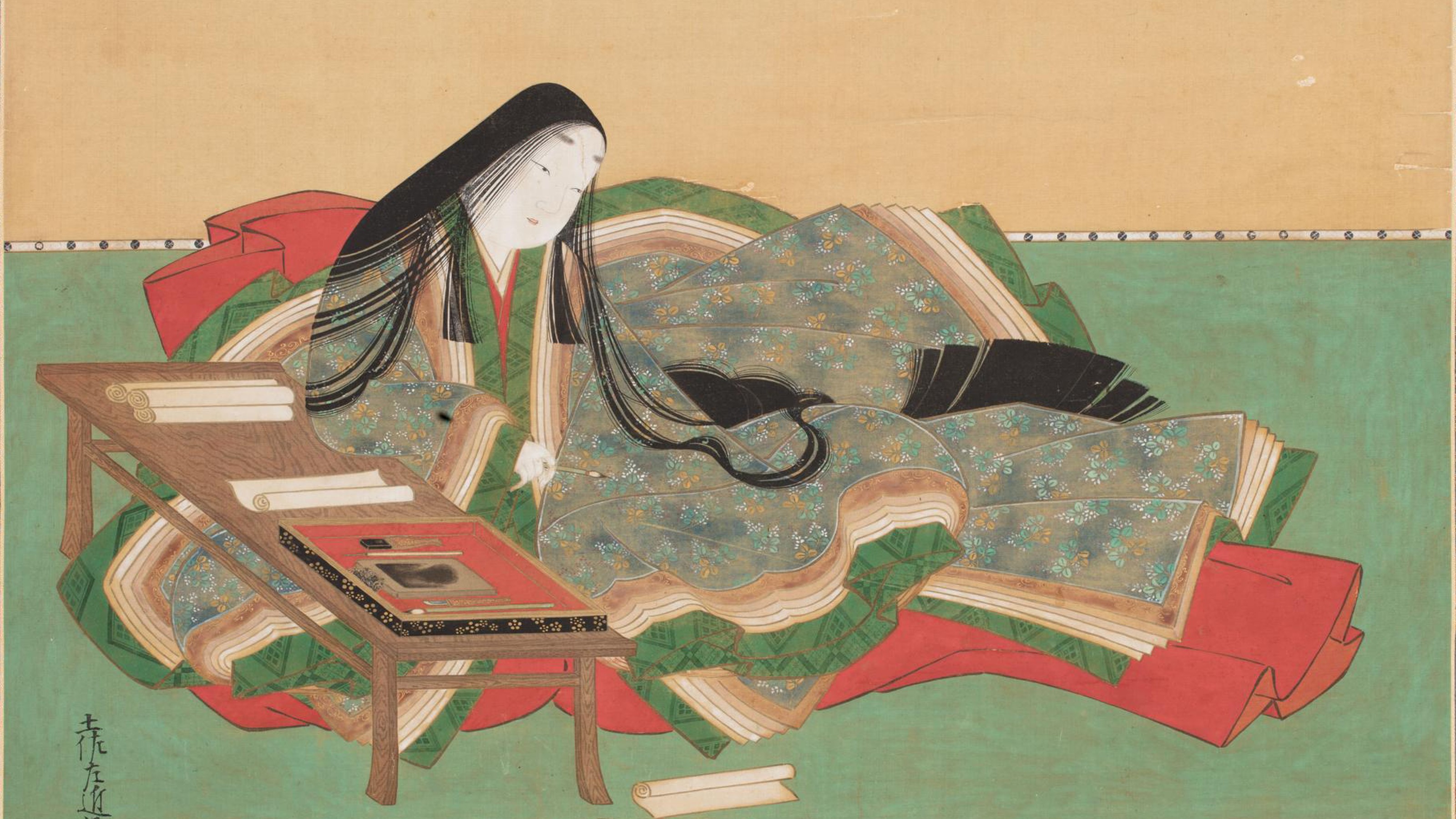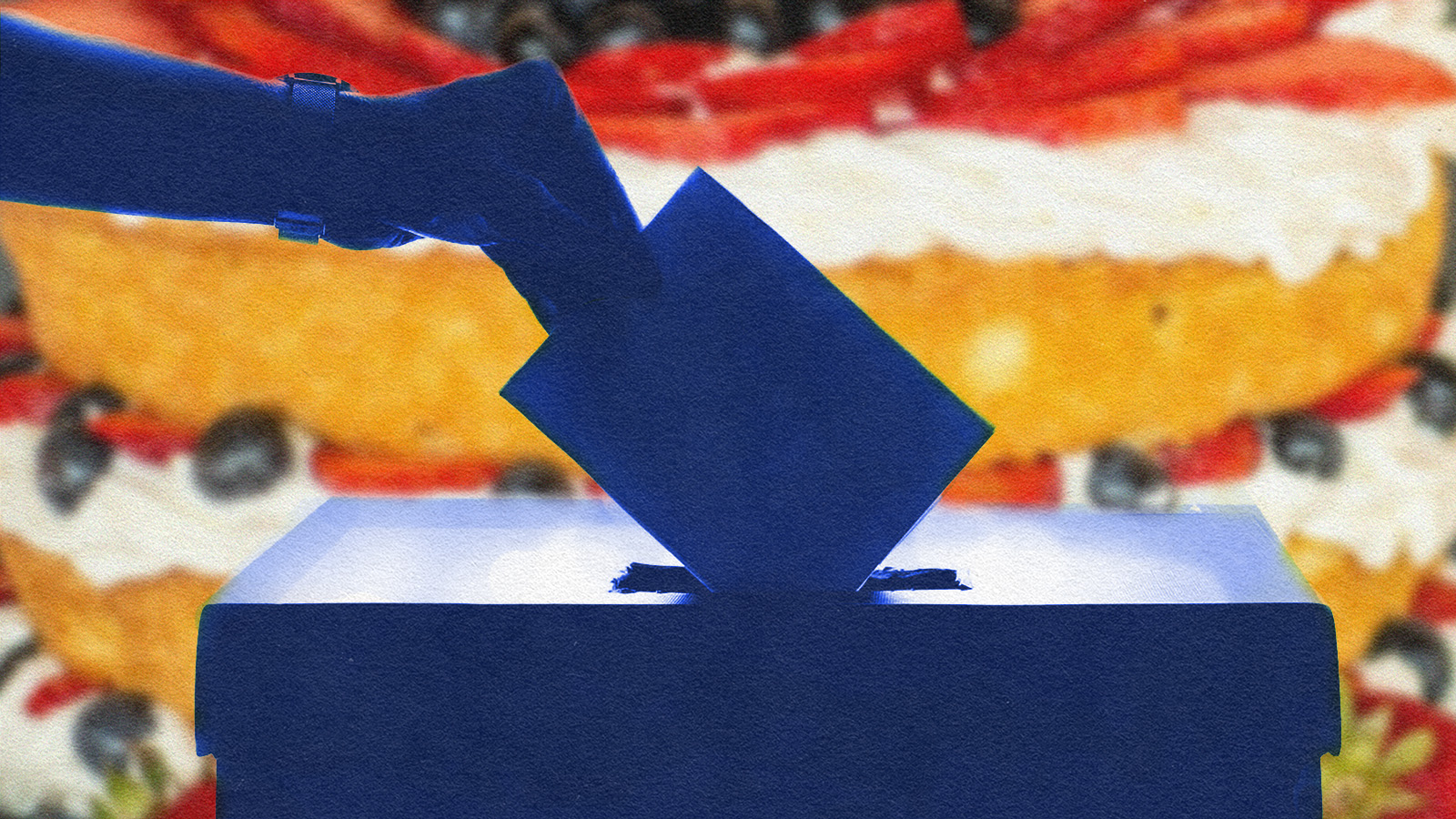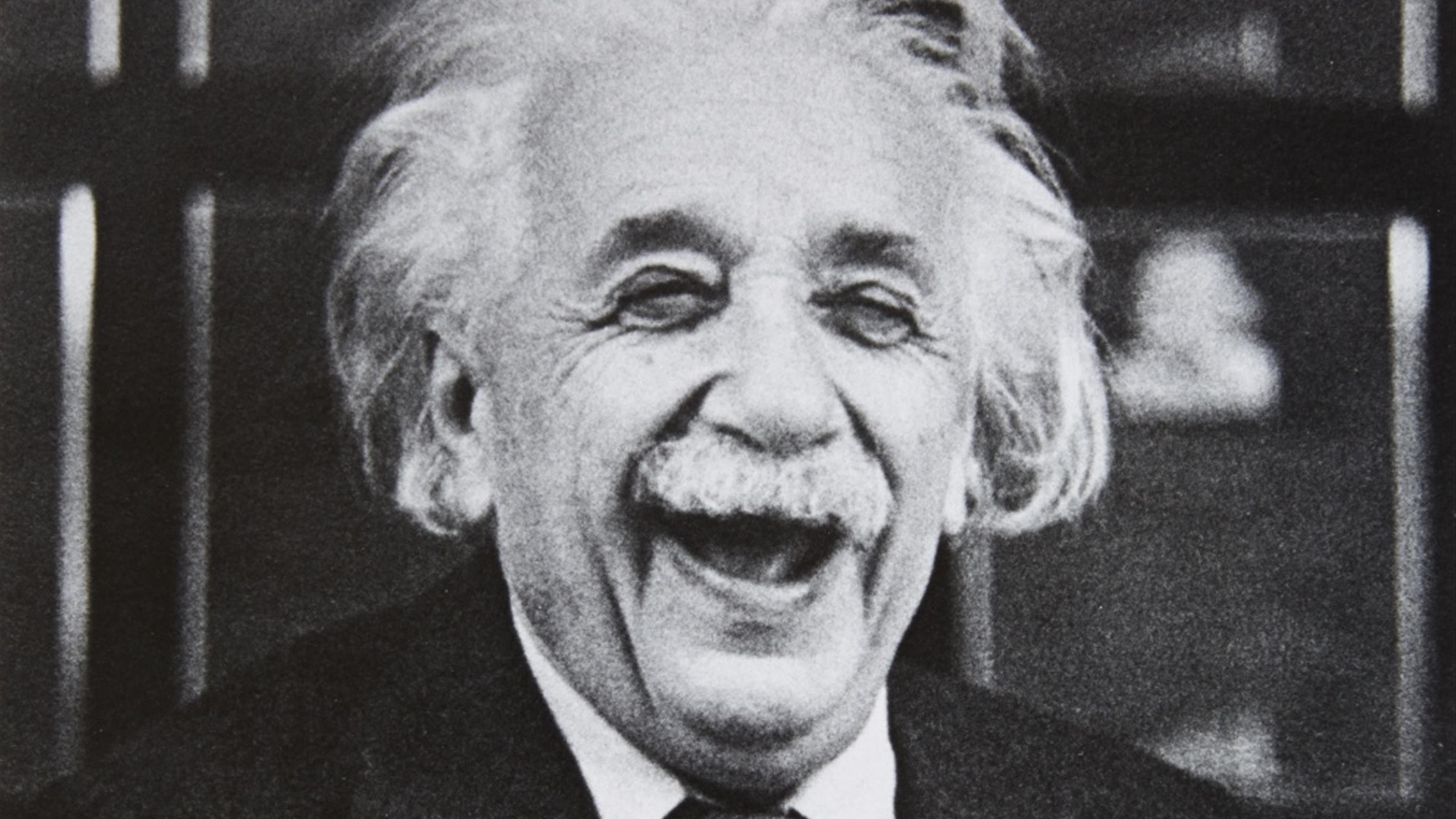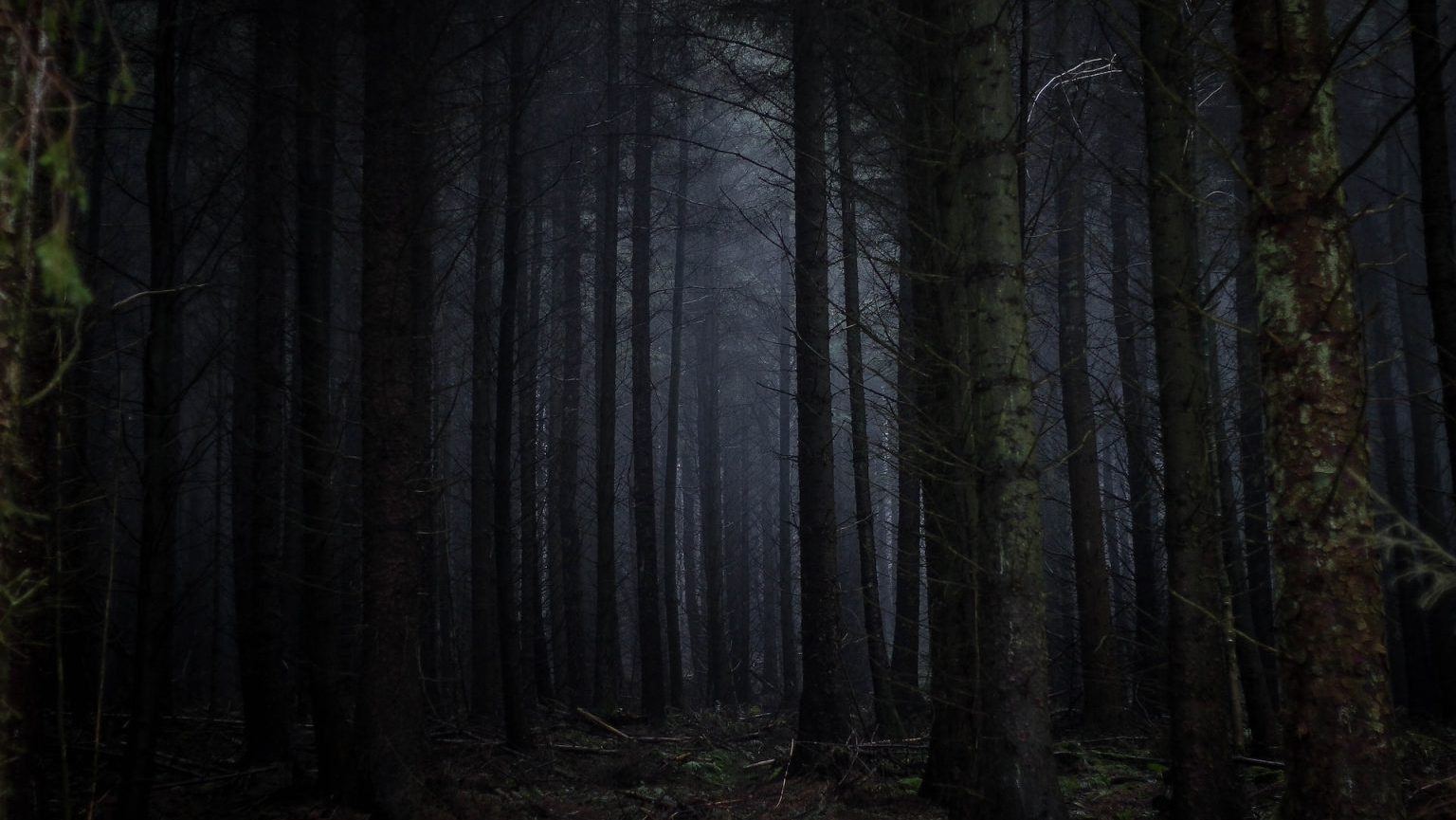Why Does Having Black Friends Matter So Much To Racial Bigots?

When someone these days is exposed publicly for perpetrating an act of racial bigotry against African Americans, somewhere during their non-apologizing and excuse making, you are almost certain to get the phrase “I have friends who are black”.
Why does that matter? What does it mean? Is the perpetrator trying to tell us that the kind of black people they claim as friends are the type of black people who simply love being denigrated and belittled? Or that their black friends are all direct descendants of Buckwheat, ready to start skinning and grinning at the first sign of any racist bon mots? Or that the rest us black people are just being uppity, and need to quit expecting to be treated like human beings all the time?
In this latest brouhaha over an email sent by Orange County Republican committee chairwoman Marilyn Davenport, who is described by some of her own party members as a “sweet old lady”, it was the vociferousness of her original denial of any wrongdoing whatsoever that raised my eyebrows.
“In no way,” wrote Davenport, “did I even consider the fact he’s half black when I sent out the email.”
Minorities instinctively understand the authority of a lie like this one, especially when it appears in print. Multiplied by mass media amplification and reportorial acquiescence, these types of fictional responses are meant mostly to absolve the perpetrator of any moral offense within their ingroup.
So I was glad to come across Not Yet Human: Implicit Knowledge, Historical Dehumanization, and Contemporary Consequences , a study by researchers from Stanford University, Pennsylvania State University and the University of California-Berkeley which “reveals that many Americans subconsciously associate blacks with apes.”
Co-author Jennifer Eberhardt, a Stanford associate professor of psychology who is black, said she was shocked by the results, particularly since they involved subjects born after Jim Crow and the civil rights movement. “You have suspicions when you do the work—intuitions—you have a hunch. But it was hard to prepare for how strong [the black-ape association] was—how we were able to pick it up every time.”
“Despite widespread opposition to racism, bias remains with us,” Eberhardt said. “African Americans are still dehumanized; we’re still associated with apes in this country. That association can lead people to endorse the beating of black suspects by police officers, and I think it has lots of other consequences that we have yet to uncover.”
Discrimination against blacks linked to dehumanization, study finds
We are still stuck in the middle of the same kind of obsession with the dehumanization of racial minorities that America was built on when a political figure can use “I have friends who are black” as a defense for their own racial bigotry and then instinctively refuse to acknowledge that their own perspective is not only archaic but non-productive. It is this same kind of slavish devotion to half truths that allows some Americans to continue to insist the Civil War was not about slavery.
Why should you be concerned about the other Marilyn Davenports out there?
Because plenty of “sweet old ladies” all across the South, ladies who are as involved in civic and political affairs in their communities as Mrs. Davenport is in Orange County, are celebrating this 150th anniversary of the Civil War, the biggest act of treason in our nation’s history.





